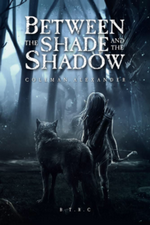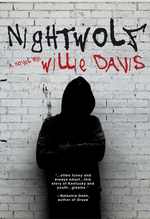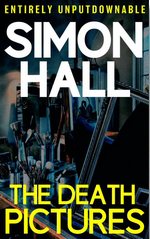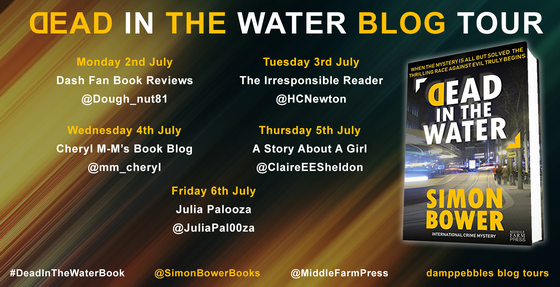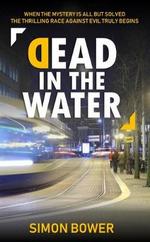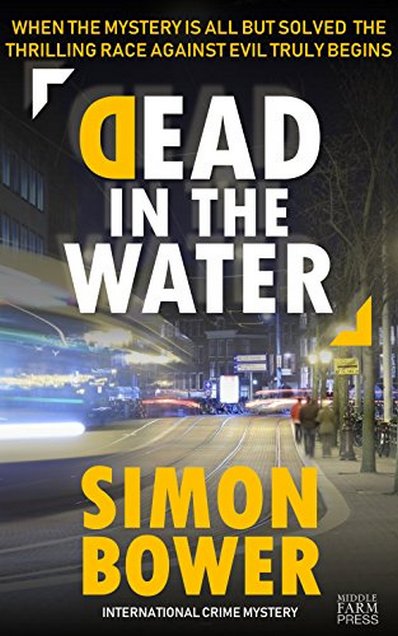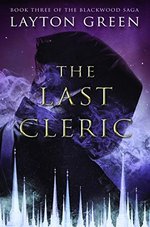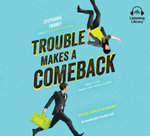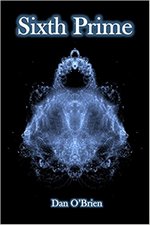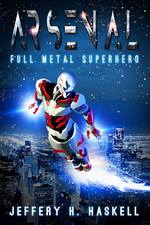 Arsenal
Arsenal
by Jeffery H. Haskell
Series: Full Metal Superhero, #1Paperback, 256 pg.
2017
Read: July 17 – 18, 2018

Amelia Lockheart lost her parents — and the use of her legs — in a horrible automobile accident when she was a child. However, she knows (or thinks she knows) that her parents survived, and that every adult and authority has been lying to her ever since. What’s a girl-genius to do? Become a metallurgist, engineer, computer designer and many, many other kinds of expert, patent a revolutionary aerospace tech — and become rich off the proceeds. Then you turn some of that wealth into developing an Iron Man-esque suit of armor and an AI to help you run it. Finally, using that armor, become a super hero so you can use the connections you’ll gain to investigate your parents’ disappearance. Double duh.
Amelia’s super-hero alter ego, Arsenal, gets recruited to join her state’s super-powered militia. This is one of the best parts about Haskell’s universe — the supers are regulated (but in a better way than DC or Marvel have ever managed to pull off), each state has militia, with certain laws governing the activities of the groups, and there’s a federal-level group as well — these would be the top of the top, the Justice League of almost every era, while the state groups are closer to the Giffen/DeMatteis run. They’re super, just not super.
Anyway, for the first time in her life, Amelia has friends — plural. She’s made one friend from her normal life, but she’s never found acceptance by more than him, between the super-intelligence and wheelchair. She has a job, friends, a dash of fame — and she gets to save the day.
Amelia has in infectious, energetic personality — it’s a first-person narration, so we get plenty of it — I can’t imagine a reader not enjoying the book just because of her. I enjoyed the rest of the characters, too (I’m going to be skimpy on names, because my copy is a few hundred miles away from me) — but I’m honestly not sure how many of them I trust (well, maybe the goofball from before she was Arsenal).
The action is fast, and plentiful. There’s not as much depth to these characters as I’d like, but I don’t think they qualify as shallow. There are also a four sequels thus far, so I think we’ll get there. The plot could be a bit tighter, the science is probably as accurate as, oh, I don’t know — the idea that exposure to gamma rays could make an angry wimp turn into a giant, unthinking monster. In other words, it’s a super-hero story — sit back and enjoy it. Which is really easy to do, Haskell’s prose is lean, the voice is charming and the you’ll find yourself grinning throughout.
I just had a blast with this — there are a couple of things I hope get improved in the books to come — I’d like to see some of Arsenal’s teammates do a bit more to save the day — they did a good job before she came around, it’d be good to see how she augments the team, not supersedes it. I’d like things to slow down a little bit and deepen with the relationships she’s developing with her new teammates — I like every bit of these, I would just like things to seem a bit more realistic on those fronts. I’m not saying I’m out if Haskell doesn’t do something along these lines, those are some thoughts I had while reading, y’know? It wouldn’t surprise me at all if Haskell found a different and better way to address those topics than I listed, too.
Solid super-hero story, filled with action and characters you won’t be able to stop yourself from liking (not that you’d want to). This was just scads and scads of fun. I’m not sure what else to say, really. Bring on the sequel!
Disclaimer: I had a very pleasant chat with Haskell at Boise’s first Wizard World where I bought this book and he convinced my daughter and I to read our first Spider-Man comic since the end of the “One More Day” debacle. So I guess you could say I’m biased. But I don’t think so (but I’m very glad he brought me back to Spidey!)
—–

 |
✔ Read a book written by an author from the state where you grew up. |


